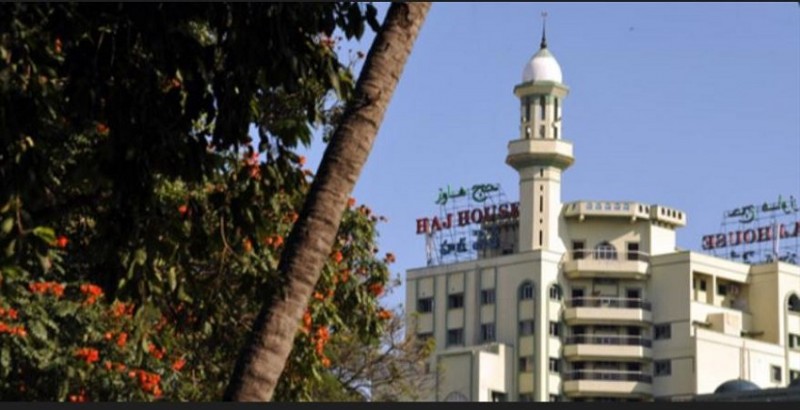
With just two days remaining before the deadline for public submissions to the Joint Parliamentary Committee (JPC) on the Waqf (Amendment) Bill, both Muslim and Hindu organizations have ramped up their efforts to mobilize feedback from the public. These organizations are urging citizens to voice their opinions on the bill, which seeks to introduce significant changes to the governance and regulation of Waqf properties across the country.
Several prominent groups, including the Vishwa Hindu Parishad (VHP) and the All India Muslim Personal Law Board, are playing a central role in these campaigns. Their objective is to ensure that a wide spectrum of viewpoints reaches the government before any final decision is made. The VHP, which has long advocated for changes to the Waqf laws, is particularly keen on promoting transparency and accountability in the management of Waqf properties. Similarly, the All India Muslim Personal Law Board is pushing for reforms that will preserve the rights of the Muslim community while ensuring greater participation in decision-making processes related to Waqf properties.
To maximize public participation, these organizations have taken a modern approach by utilizing digital tools such as Google Forms, which they have been widely sharing on social media platforms like Twitter, Facebook, and WhatsApp. Messaging platforms, in particular, have proven to be effective in quickly reaching a large number of people. The ease of access provided by these online forms has enabled citizens from across the country, regardless of their geographical location, to submit their suggestions directly to the JPC.
The campaigns are not only aimed at gathering feedback but also educating people about the proposed changes in the Waqf Act. By circulating explanatory documents, videos, and infographics, these organizations hope to make the amendments more understandable to the general public, ensuring that individuals can provide informed and relevant suggestions. This push for public engagement underscores the significance of the Waqf (Amendment) Bill and its potential impact on religious and communal harmony in the country.
As the final date for submissions approaches, both sides are intensifying their outreach, stressing the importance of every individual's voice being heard in this critical legislative process. The government, through the Joint Parliamentary Committee, is expected to carefully review all public submissions before making its recommendations on the amendments to the Waqf Act.
A recent survey has revealed that 9 out of 10 citizens support the proposed amendments to the Waqf Act. Conducted with over 47,000 participants, the survey highlighted that 96% of respondents want Waqf boards to register Waqf properties with district collectors and have input on how these properties are used.
The survey, conducted by Local Circles, gathered responses from citizens across 388 districts in India. The majority of respondents, 34,540, identified as Hindus, while 7,213 were Muslims. Additionally, 1,508 Christians and 3,087 individuals from other or unidentified religions participated.
The survey findings show overwhelming support for transparency in the management of Waqf properties. “In summary, 9 in 10 citizens are in favor of the government’s move to amend the Waqf Act for greater transparency and the involvement of common Muslims in Waqf boards. Furthermore, 96% of respondents believe Waqf boards should be required to register properties with district collectors and have a say in their usage,” the survey said.
Opposition to Waqf Tribunals In addition, 93% of respondents want property disputes involving Waqf properties to be handled by district courts, high courts, or the Supreme Court, rather than the Waqf tribunal.
The Union government's Waqf (Amendment) Bill 2024, introduced by Union Minister Kiren Rijiju in the last parliamentary session on August 8, has faced opposition from various political parties. As a result, the bill has been sent to a Joint Parliamentary Committee for further review.
Two meetings of the committee, chaired by BJP MP Jagdambika Pal, have already taken place, with heated exchanges between opposition and ruling party members.
District Collectors to Gain More Authority The new bill, featuring over 40 amendments, aims to make significant changes to the current Waqf Act, 1995. These include the revocation of several clauses and a push for broader representation, including Muslim women and non-Muslims, in central and state Waqf bodies.
One of the key amendments proposes giving district collectors the authority to resolve disputes about whether a property is Waqf or government land.
The bill introduces new sections—3A, 3B, and 3C—into the Waqf Act, specifying conditions for the creation of Waqf properties. According to section 3A, no Waqf can be created unless the individual is the legal owner of the property and has the authority to transfer or dedicate it.
The bill also proposes separate Waqf boards for the Bohra and Agakhani communities, along with representation for Shia Muslims and backward classes.
More To Read: